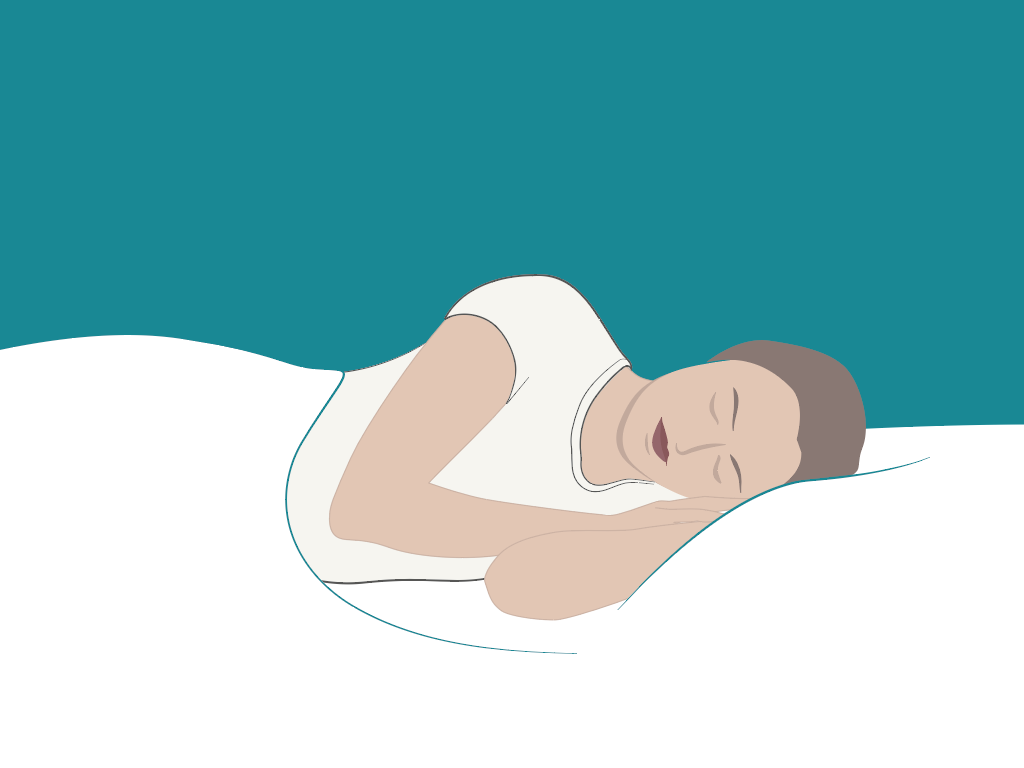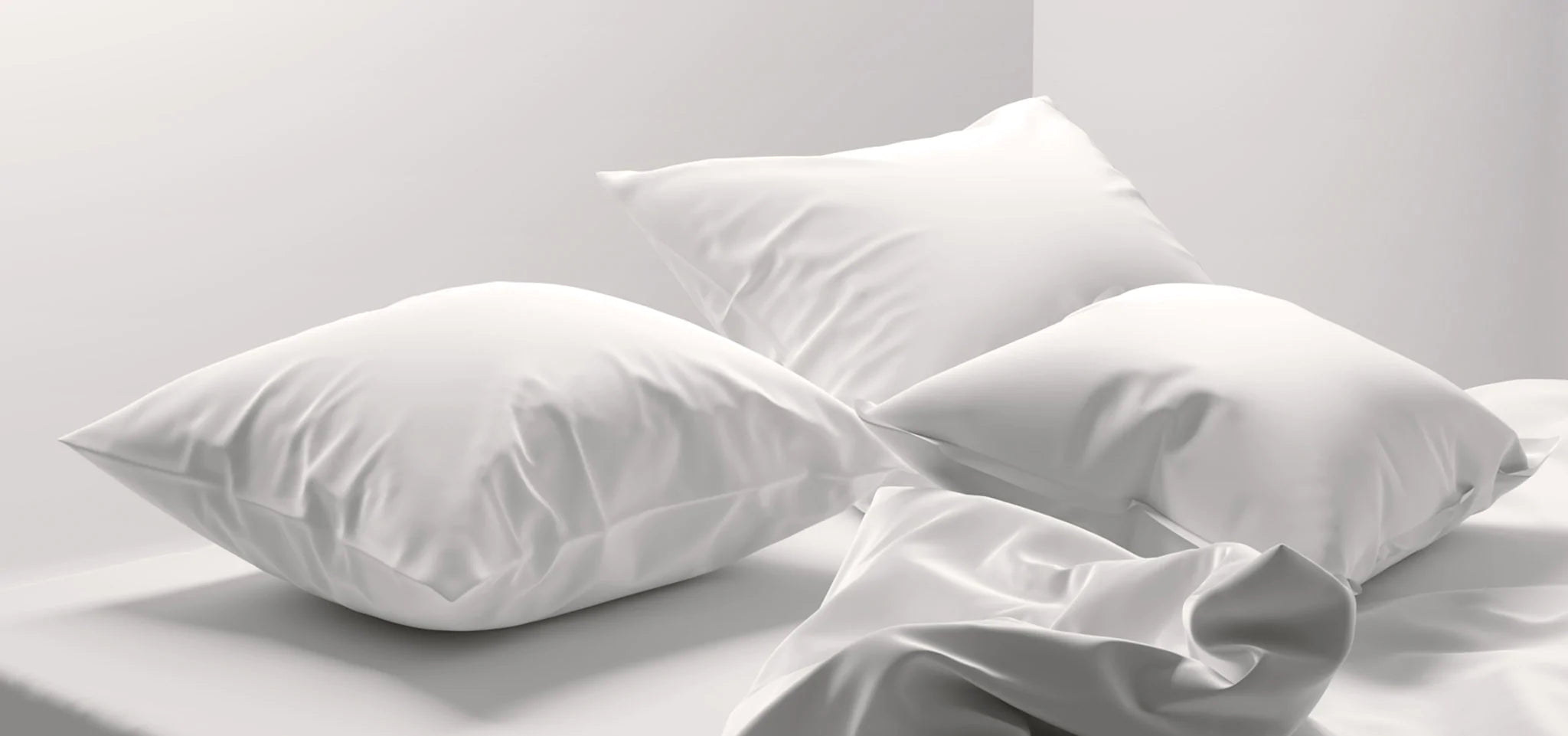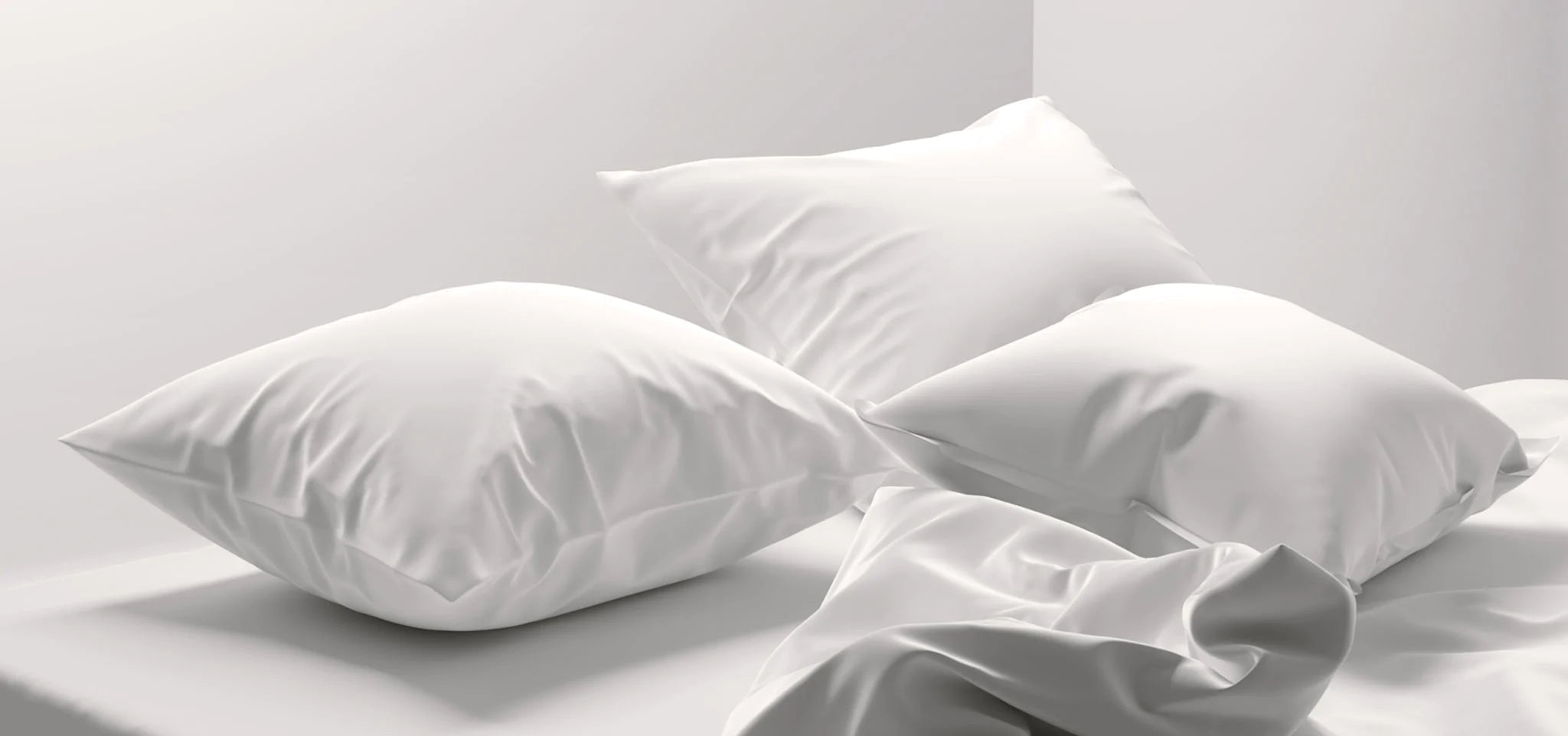If chemotherapy is already extremely stressful for those affected, drugs that are often administered in this context often cause sleep problems. The reason for this are extreme hot flashes, which wake up those affected at night because they are cold or hot or they are completely soaked with sweat. The nightly rest that is so urgently needed is denied.
How can those affected deal with hot flashes and unpleasant sweats?
Since it is generally not possible to do without the sweat-inducing medication, and a reduction or avoidance of the symptoms has so far not been possible or only moderately successful, a solution must be worked out on how to deal with it. It has proven to be useful to start with the sleep system. Thermoregulating materials are designed to mitigate the heat peaks and reduce the subsequent freezing caused by damp textiles. But does that really work? Below is a testimonial from a patient by Dr. Sabrina Han, who tested SleepCOOL bedding. Miss Dr. As a freelance sleep and fatigue coach, Han advises women with breast cancer. You can find more information on this topic on your website www.gewinnreich-schlafen.de/fatigue .
SleepCOOL bedding significantly reduces the unpleasant side effects of hot flashes at night.
Diana, you tell me that you keep waking up at night. What is the reason for that?
In May 2022 I was diagnosed with breast cancer. Then everything happened very quickly. After all the preliminary examinations (so-called staging), the chemotherapy began at the beginning of July.
I had never dealt with the subject of breast cancer and the therapy before. The hair loss and nausea associated with chemotherapy are well known, but there are many side effects and comorbidities. Among other things, when I started therapy, I was immediately put into menopause. The hormones went down completely, but there were violent hot flashes. Especially at night they were very violent and kept me awake. The bed and pajamas were soaked in seconds. After the heat rush came the other extreme: freezing. The sweaty fabric felt ice cold on the skin. So I often got up to change. More sleep was usually out of the question.
In addition to the exhausting therapy, the insomnia was a great burden for the body and the mind. And the bed neighbor is also disturbed in his sleep.
What have you already done against these heat attacks or sweating?
The hot flashes during the day were good to deal with the "onion look". But unfortunately, the hot flashes are mainly nocturnal. I have tried various herbal supplements. Here, however, it is essential to consult the doctors treating you, since some preparations can influence the effect of the chemotherapy. I drank a lot of sage tea and always put a towel and a wet washcloth next to the bed. Nothing had brought much change.
You could now test the SleepCOOL bedding, what has changed?
I have to say I was very skeptical. How should the bedding know when I'm sweating and cooling down?
I was given a mattress topper, duvet, pillow and shirt to test.
I immediately put my covers on the bedding and I immediately noticed the high-quality workmanship. Even when I touched it directly, I noticed a pleasant temperature on the surface.
After the first night I was amazed at the difference. The hot flashes are still there, of course, because the bedding doesn't remedy the cause. But they feel like they stay at a very comfortable sleeping temperature throughout the night. When a hot flash comes, the bedding does not heat up and best of all: it absorbs moisture but does not release it. This keeps the bed dry and there is no freezing afterwards. Overall, I sleep much more relaxed now. When I have a hot flash, I only wake up for a short time, but I can go straight back to sleep.
I often wear the shirt during the day. Here you clearly notice the pleasant wearing comfort and also the "temperature-maintaining" function.
I am very satisfied and would particularly recommend the bed linen.
You can find a detailed interview on our Instagram profiles under dianaamandawright (Diana) and Sabrina_fatiguecoach .
Fact check: What makes us sweat at night during chemo?
- During therapy, weakness and circulatory problems can lead to unpleasant sweating or hot flashes at night, which prevent or severely impair restful sleep. Affected people often have to get up and change their clothes, which means that they can no longer sleep afterwards.
- These hot flashes are often accompanied by unpleasant chills or even chills, from one extreme to the other, which also leads to a severe impairment of the night's sleep.
- These hot flashes are very distressing, especially if they occur regularly over a long period of time.
Both women and men who are being treated with anti-hormone therapy for their cancer are affected; breast and prostate cancer patients are particularly affected. The trigger is the usually relatively sudden withdrawal of the female or male sex hormones. So far, there have been comparatively few options for effectively suppressing these unpleasant side effects.






